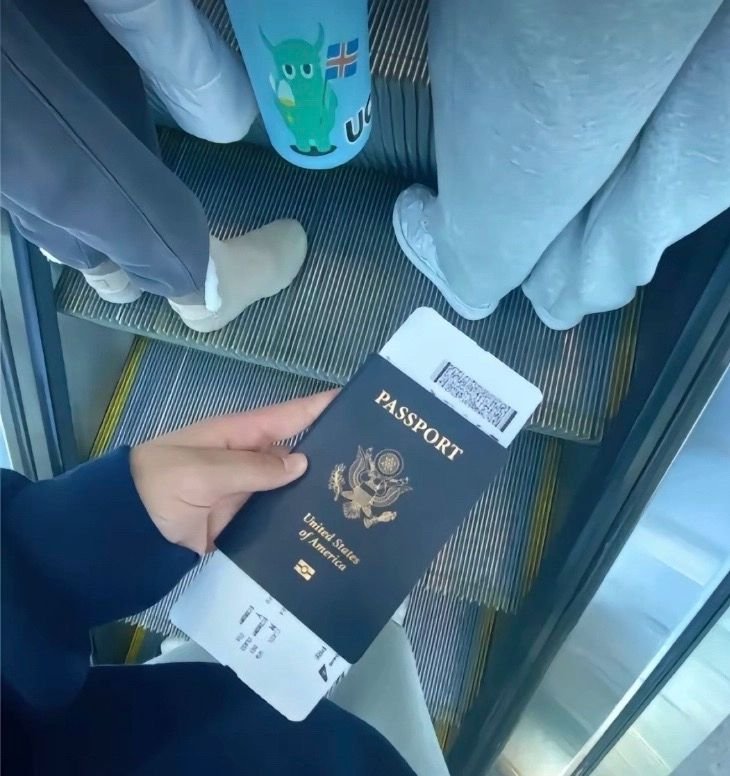For the full-time traveler, credit is more than a plastic card,it’s a financial tool that can either save you thousands or sink you into debt. When used correctly, credit allows you to stretch your cash flow, earn travel rewards, and protect yourself from emergencies. When mismanaged, it can become a burden that follows you across borders.
If you’re considering or already living the digital nomad or full-time travel lifestyle, here are smart, practical ways to use credit to your advantage.
1. Leverage Travel Rewards Cards
One of the greatest perks of credit is the ability to earn while you spend. Travel-focused credit cards often provide:
- Airline miles and hotel points – Flights and stays become significantly cheaper.
- Sign-up bonuses – Many cards offer 50,000+ points after meeting minimum spend requirements.
- Lounge access and upgrades – Priority boarding, free checked bags, and access to airport lounges make life on the road smoother.
Tip: Choose a card that aligns with your travel style. If you fly one airline frequently, a co-branded airline card may make sense. If you prefer flexibility, opt for cards that allow you to transfer points to multiple travel partners.
2. Use Credit to Manage Cash Flow (Not to Overspend)
Travel can be unpredictable;flight cancellations, medical needs, or last-minute accommodations happen. Credit gives you breathing room when unexpected expenses arise. However, this should not be mistaken for free money.
- Pay off balances in full each month to avoid interest.
- Treat your credit card like a debit card: don’t spend more than you already have.
- Keep one card dedicated for emergencies.
- Using credit responsibly allows you to ride out financial hiccups without draining your savings.
3. Take Advantage of Foreign Transaction Benefits
Many standard credit cards charge 2–3% on international transactions. Over months of travel, those fees add up quickly. The smarter choice is a credit card with no foreign transaction fees.
Beyond that, premium cards often provide:
- Dynamic currency conversion protection – Avoid paying in inflated local currency rates.
- Better exchange rates – Card networks like Visa and Mastercard often give you more favorable conversion rates than currency exchange counters.
4. Protect Yourself with Credit Card Insurance Perks
Hidden in the fine print of many travel cards are insurance benefits that can save you thousands. Common perks include:
- Travel cancellation or interruption insurance – Reimbursements for missed flights or bookings.
- Rental car insurance – No need to pay for expensive coverage at rental desks.
- Lost luggage reimbursement – Compensation if airlines mishandle your bags.
- Instead of buying separate insurance for every trip, use your credit’s built-in protections strategically.
5. Build (or Maintain) a Strong Credit Profile Abroad
Even while living overseas, your credit profile back home matters,especially if you plan to buy property, invest, or return to your home country. A strong credit history keeps financial doors open.
- Always make payments on time.
- Keep credit utilization under 30%.
- Avoid closing old accounts, as they maintain your credit history length.
- Think of your credit score as a passport in the financial world,it influences what opportunities are available later.
6. Mix Credit with Other Financial Tools
Credit shouldn’t be your only lifeline. Smart travelers balance it with:
- Debit cards for everyday local spending (linked to multi-currency accounts like Wise or Revolut).
- Cash reserves for emergencies in case cards aren’t accepted.
- Offshore or secondary bank accounts for added security.
This mix ensures you’re not overly reliant on credit, while still benefiting from its perks.
Final Thoughts
Credit, when mastered, is not debt,it’s leverage. For full-time travelers, it can mean cheaper flights, smoother hotel stays, financial safety nets, and stronger long-term financial health. The key is discipline: use credit as a tool, not a crutch.
If you’re serious about traveling long-term, take time to research the right cards, set clear spending rules, and view credit as part of your global lifestyle strategy. Done right, credit doesn’t just follow you on the road,it powers your journey.













